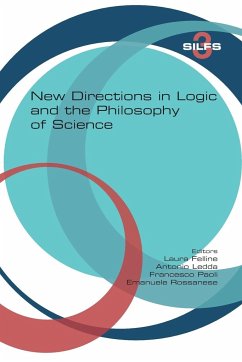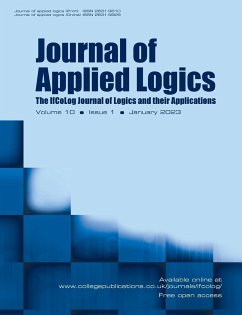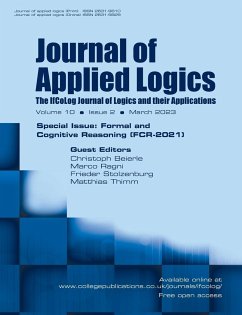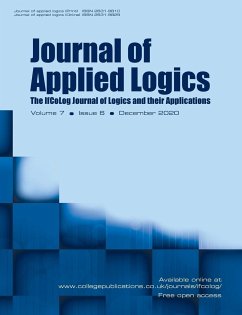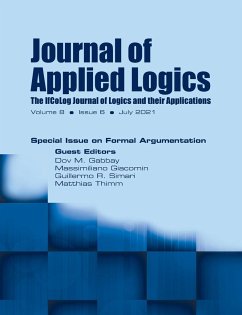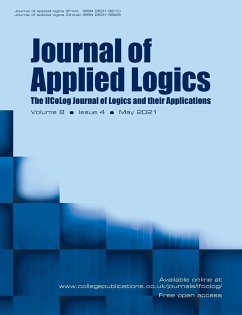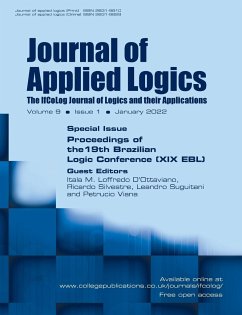The idea of a knowledge base lies at the heart of symbolic or "good old-fashioned" artificial intelligence (GOFAI). A knowledge-based system decides how to act by running formal reasoning procedures over a body of explicitly represented knowledge, its knowledge base. The system is not programmed for specific tasks; rather, it is told what it needs to know, and expected to infer the rest. This book is about the logic of such knowledge bases. It describes in detail the relationship between symbolic representations of knowledge and abstract states of knowledge, exploring along the way, the foundations of knowledge, knowledge bases, knowledge-based systems, and knowledge representation and reasoning. Assuming some familiarity with first-order predicate logic, the book offers a rigorous mathematical model of knowledge that is general and expressive, yet more workable in practice than previous models. The first edition of the book appeared in the year 2000, and since then its model of knowledge has been applied and extended in a number of ways. This second edition incorporates a number of new results about the logic of knowledge bases, including default reasoning, reasoning about action and change, and tractable reasoning. Hector Levesque is Professor Emeritus in the Department of Computer Science, University of Toronto. Gerhard Lakemeyer is Professor and Chair of the Department of Computer Science, RWTH Aachen University, and Professor (status only) in the Department of Computer Science, University of Toronto.
Bitte wählen Sie Ihr Anliegen aus.
Rechnungen
Retourenschein anfordern
Bestellstatus
Storno



